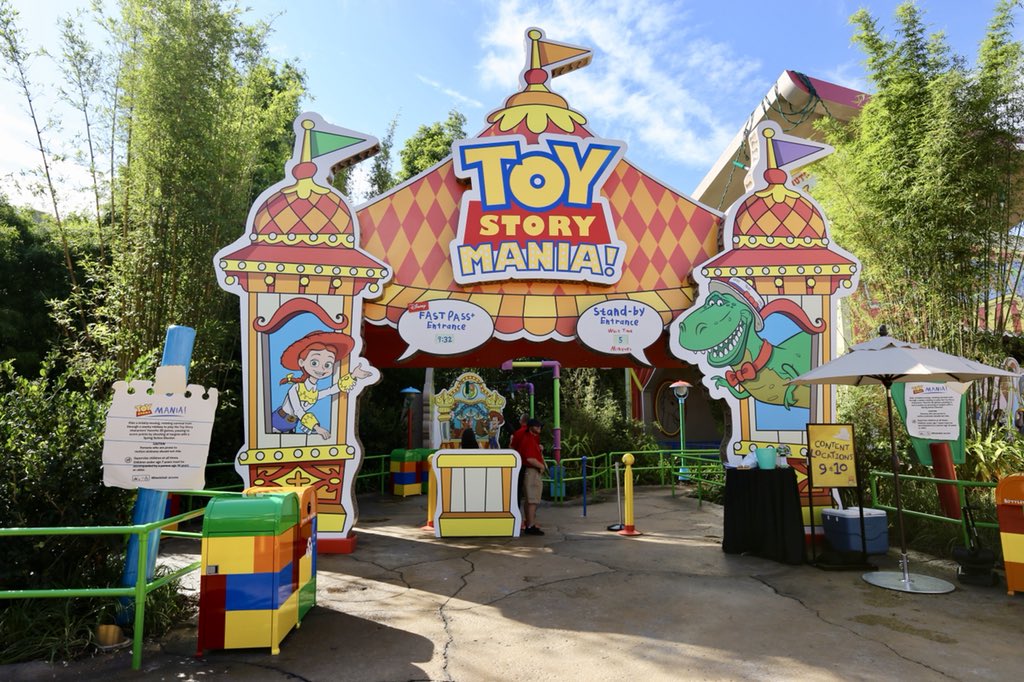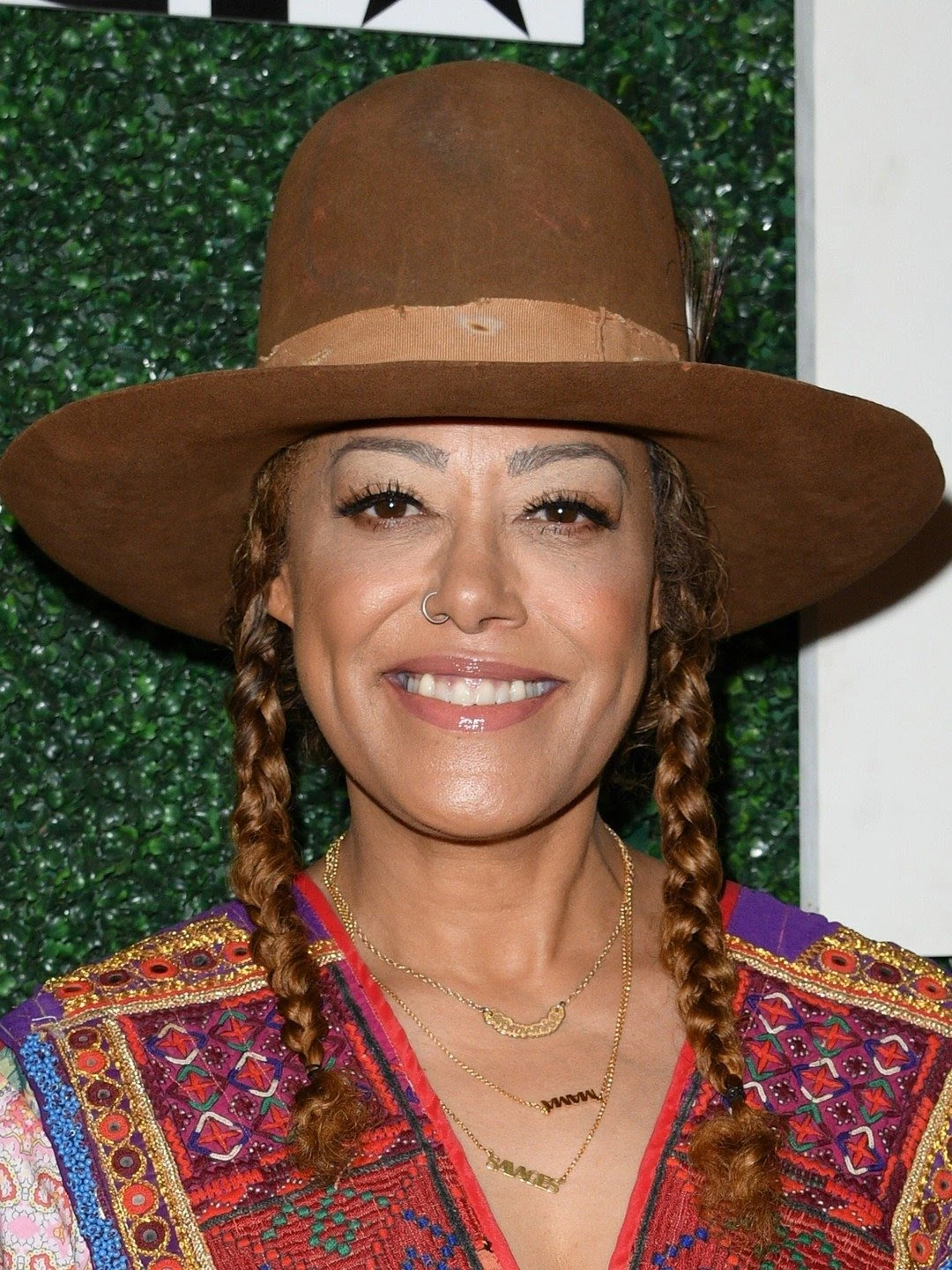Neutrality Or Advocacy: The Impossible Choice For Nigerian Journalists In A Failing State, By Dr. Akin Olaniyan | Sahara Reporters
“Comment is free, but facts are sacred. “Propaganda,” so called, by this means is hateful” – CP Scott
In trivialising the interesting exchanges between Lere Olayinka, senior special assistant on public communication and social mediato the Federal Capital Territory (FCT) minister, Nyesom Wike and Rufai Oseni of Arise TV, the media industry is missing the chance to take a hard look at its ugly self and start a serious conversation on fundamental issues. For, make no mistake, the incident is just a symptom of a deep-seated culture that threatens an institution, that along the executive, legislative, and judiciary branches of government, ought to be the foundation of our national development.
I totally agree with those who believe that the quality of the media determines the quality of democracy, hence my consternation at the obvious attempt to befuddle the arguments of ‘who is a journalist,’ that have commanded attention in the last few weeks. This is not an attempt to join the silly arguments about whether or not going to Journalism school alone makes one a good journalist. I have dealt with a similar issue on the incursion of citizen journalists into the space once reserved for reporters with institutional affiliations and why performing acts of journalism does not necessarily make one a journalist. Instead, this is an attempt to make sense of what will easily qualify for an open show of shame on national TV.
The most recent showdown between Arise TV's Rufai Oseni and Lere Olayinka over FCT Minister Nyesom Wike's policies may have provided some people another outlet catch cruise but it looks like a good case study on Nigeria's journalism dilemma. The short clip went viral within hours, splitting Nigeria into two camps: those praising Oseni for "speaking truth to power" and those accusing him of "emotional grandstanding." Beneath the noise, though, this confrontation appears to have once again exposed journalism's existential crisis in a failing state - when the elite fail the leadership test, should reporters be referees or rebels? Regardless, there is a line between news and commentary, which ought to be inviolable.
As far as I can tell, Nigeria's media industry has always thrived when it is in permanent crisis mode. With deep-rooted corruption and years of wasteful resource management pushing about two-third of the population under multidimensional poverty according to National Bureau of Statistics data, it probably makes sense to question the traditional notions of journalistic detachment. There are well-meaning journalists who sincerely believe that the unbiased and unaligned reporting that defines independence journalism is outdated and actually makes those who continue to operate in that mode complicit.
The roots of this crisis run deep and one only needs to look at the history of media practice in the country to know that objectivity in a broken system is probably a myth. Nigeria's media inherited the British model of objective reporting, but the adversarial press-government relationship had always been a permanent fixture, which is best illustrated by the heavy-handed treatment of journalists and media houses under decades of military rule, with many forced to blend reporting with activism. The result: many, like Dele Giwa and Bagauda Kaltho, paid with their lives and are remembered as casualties in the struggle to rid the country of dictatorship. Today, with democratic institutions failing to deliver, for those who care about the quality of the media, the question is no longer whether journalists should take sides, but which sides they're choosing.
If the government-press relationship of the military era forced journalists and media houses into an adversarial mode, the rise of the activist-journalist hybrid has removed whatever thin line that existed between reporting and advocacy. Their methodology would make traditionalists balk: crowdsourced leaks, overtly partisan anti-corruption campaigns, and a rejection of the advertising-dependent revenue model they view as too compromising. However, high quality of the investigative reporting delivered by the likes of Sahara Reporters and Premium Times relative to their short history in the industry might rubbish the arguments against running advocacy campaigns alongside news reporting . True, the approach deliberately blurs lines but in Nigeria's context, where official channels for accountability are often blocked, such distinctions may be meaningless.
The digital disruption of the media industry has upended traditional power dynamics. So, as citizen journalists armed with nothing but smartphones document and publish events in real-time, the suggestion is that a fifth estate – made up of bloggers and the social media – is now accepted as a legitimate node of influence holding power to account. Of course, the democratisation of access to the media came with costs: unverified claims spreading as rapidly as documented ones, and emotional outrage often overshadowing factual reporting.
Jürgen Habermas, who argued that the press was a vital part of the pillars of democracy because they are the primary sources for informing the public; Noam Chomsky and Edward Herman, who challenged this idealistic view and highlighted the corrosive influence of the elite on corporate media have all framed the concept of the Fourth Estate differently. The contestation between journalism's watchdog aspirations and its commercial was the focus of Julian Schultz’s work on the concept and he rightly called attention to how market pressures was beginning to impact adversarial reporting. They all help us in our understanding of theFourth Estate not as a static institution but as a hotly contested space between forces with eyes on the power and its use in democracies.
Mainstream outlets face their own contradictions and the numbers tell a sobering story. A 2023 Reuters Institute survey found 68% of Nigerians distrust mainstream media, viewing it as either too close to power or too timid in challenging it. Meanwhile, advocacy-driven platforms enjoy higher credibility despite - or perhaps because of - their overt stance against corruption. Given what we are seeing, it is tempting to believe that traditional journalism is changing to accommodate networked individuals - bloggers, activists, and social media users who now actively participate in the ‘business’ holding both governments and the press itself accountable. This reinvention of the Fourth Estate its normative role indicate changing environment for oversight, but at the same time lead to critical issues fragmentation, misinformation, and whether that sort of environment would allow watchdogs to lead and sustain coherent civic discourse.
Perhaps we're asking the wrong question and just maybe journalism ought to be redefined for crisis conditions. In well-functioning societies, the checks and balances role of traditional journalismmight be in order. However, as we all know, Nigeria is anything but normal. When government budgets disappear before reaching services; the police routinely demand bribes to investigate crimesand court rulings are routinely ignored by the powerful; is there a chance that the most "neutral" reporting may be the most misleading?
Emerging models suggest potential paths, including transparent advocacy that requires explicitly labelling pieces while maintaining rigorous standards for news reporting; participatory journalism, which crowdsource investigations while verifying submissions and movement journalism – where reporters are embedded with protesters provided both documentation and amplification. Given the uniquely Nigerian environment, could it just be that the solution is not in abandoning standards but redefining them for crisis conditions? Verification remains sacred, but detachment may be unsustainable. As most senior journalists would agree, there are times when staying neutral may amount to shirking the sacred duties of a watchdog. However, it is also pertinent to ask if the blurring of the lines between news and commentary as we are witnessing on national television is not more harmful than staying neutral.
Two years ahead of what promises to be a testy national elections, it won’t be too extreme to agree with those who suggest that Nigeria faces existential threats – from armed insurgencies to economicfreefall and to divisive politics. In this context, journalism isn't just about informing citizens but equipping them to survive. The line of least resistance is to agree with those who believe that when Rufai Oseni grills officials about failed infrastructure, he is not abandoning journalism – he is reasserting its original purpose: giving voice to the powerless and holding power to account. For this school of thought, it can refer to the words of Elie Wiesel, “we must always take sides. Neutrality helps the oppressor, never the victim. Silence encourages the tormentor, never the tormented.” Those in this camp can argue that a nation teetering on the brink, the most ethical journalism may be the kind that does not just report on the crisis, but works to end it.
This sort of argument might be persuasive but certainly illogical. The sight of combative broadcasters and on-air-personalities like Rufai Oseni, struggling to mask their advocacy as journalism raises questions around the media's constitutional role as arbiter. That approach might be popular and appealing to those frustrated with institutional failure, there is a risk that it might be replicating the very dysfunctions it claims to be aiming to eradicate. The approach collapses the essential distinction between journalism and polemic, reducing complex governance issues to theatrical binaries of "heroes versus villains." The ‘us’ against ‘them’ mindset produces terrible journalism because it prioritises emotional catharsis over substantive accountability. By transforming interviews into ideological battlegrounds rather than truth-seeking exercises, practitioners like Oseni inadvertently contribute to the erosion of institutional credibility as they allow themselves to become participants rather than observers thereby sacrificing their unique societal role as trusted referees. As we already see from the most recent example of the outburst on that Arise TV, there is a real chance that such attitudes actually amplify polarisation and end up distorting policy discourse by attempting to personalise systemic failures in ways that only obscures structural solutions.
Habermas' warning about the refeudalisation of the public sphere is particularly salient here - when journalists abandon their curatorial role for activist posturing, they surrender the field to emotional manipulation over rational deliberation. The paradox is acute: in seeking to combat government failures, this model replicates the same anti-deliberative tendencies that enable bad governance.Modern journalism's crisis demands not less neutrality, but better neutrality - one that, combines verification rigour with explicit moral framing. The alternative - Oseni's path of conflating journalism with activism - risks reducing the fourth estate to just another faction in Nigeria's political arena, rather than the platform that transcends them.
Dr. Akin Olaniyan is the Convener, Centre for Social Media Research, Lagos












